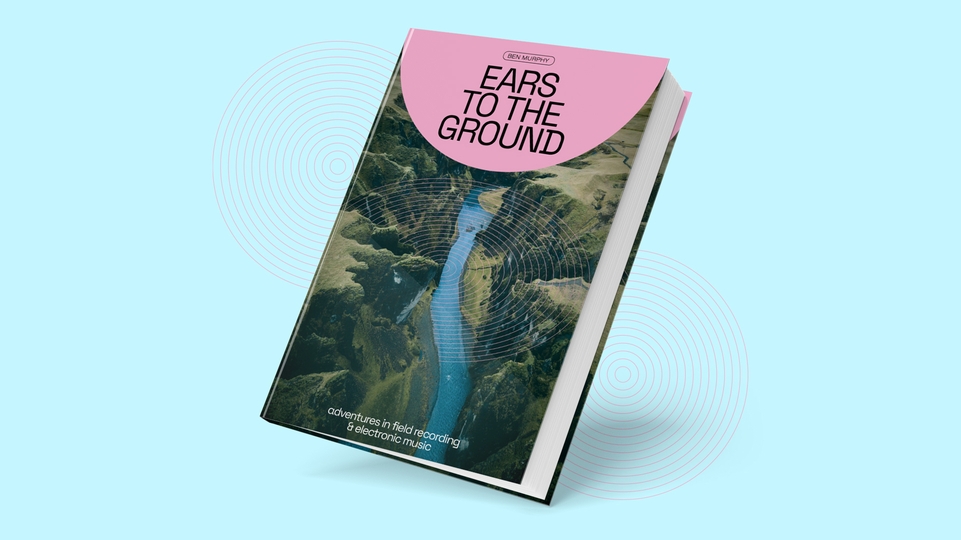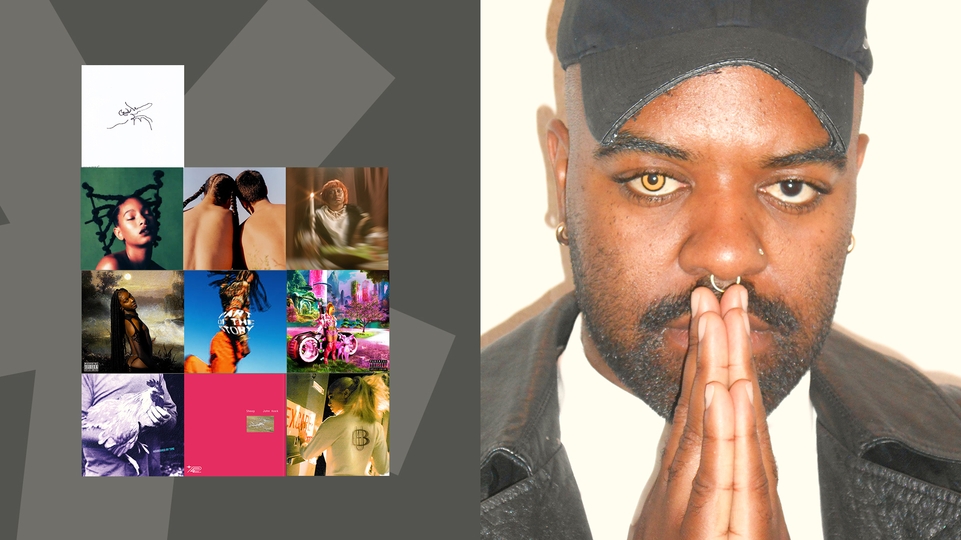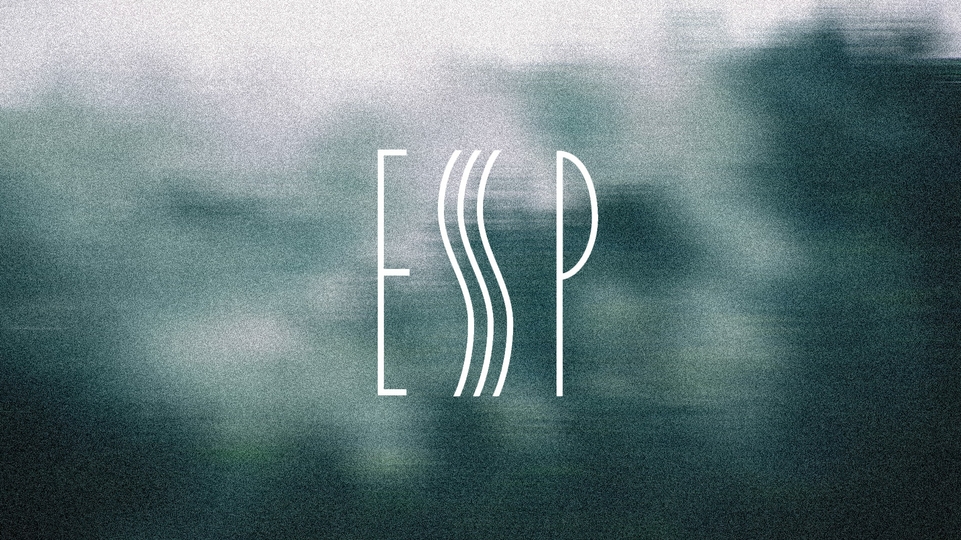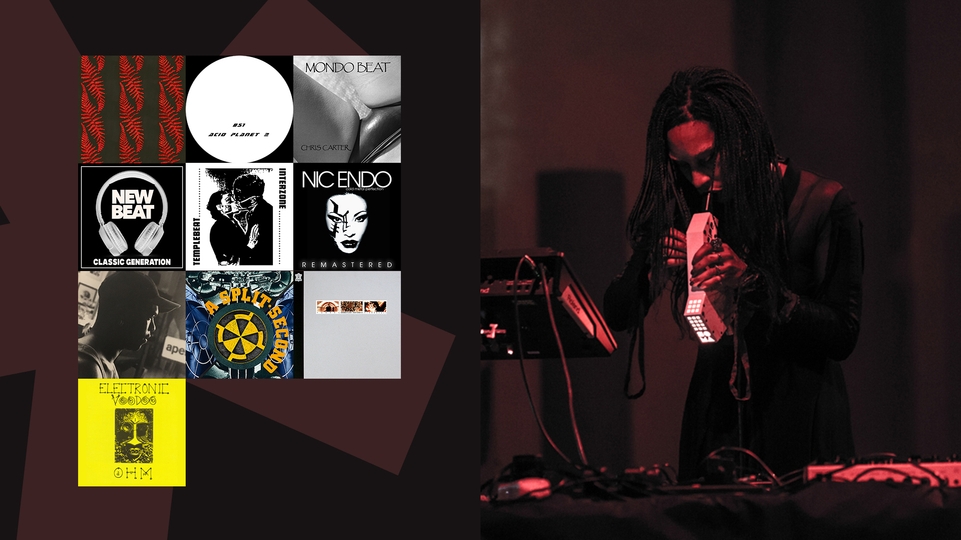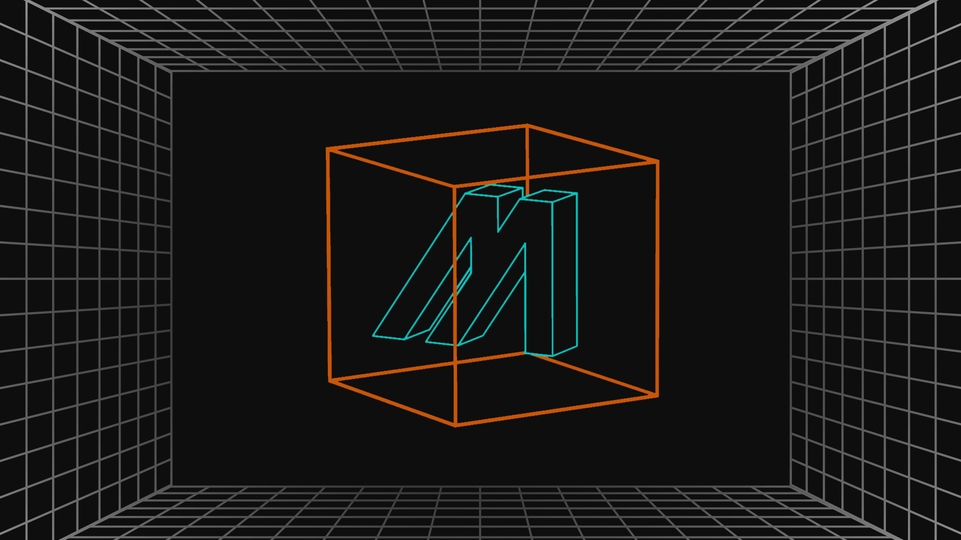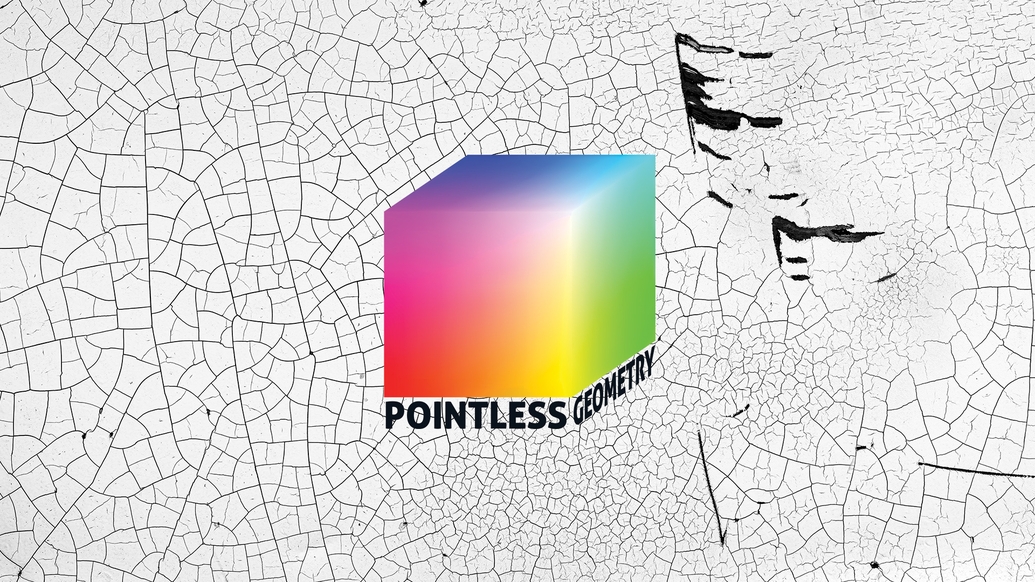
The Sound Of: Pointless Geometry
Poland’s Pointless Geometry challenges the sonic and economic norms of both the music industry and its home country’s ruling power. Alongside a mix of tracks from its catalogue, label heads Copy Corpo and FOQL explain how they put community building, an egalitarian approach, and uplifting local artists at the forefront of everything they do
Pointless Geometry is a Warsaw-born label which is now based in the post-industrial Łódź, a city that’s currently being aggressively redeveloped. A couple of weeks before our meeting, label head Justyna Banaszczyk, AKA sound artist and composer FOQL, posted a photo of Ignorantka, the experimental music venue she co-runs with fellow Pointless Geometry boss, VJ and tape jockey Copy Corpo (real name: Darek Pietraszewski), surrounded by digger machines on what remained of the road. Banaszczyk made a joke of it, telling followers they could try flying over seeing as walking was no longer an option, but it looked pretty apocalyptic.
The scene is much the same when DJ Mag meets the duo at Ignorantka in early August, with the works to improve the city’s infrastructure now ongoing for over a year. The local authorities’ seeming disregard for the impact such drastic reconstruction will have on the city’s local cafés and bars, some of which have since closed, is an apt metaphor for how Banaszczyk and Pietraszewski see the country’s cultural gatekeepers as regarding the Polish independent music scene. “There’s a joke that to get a grant you have to be an 80-year-old composer,” says Banaszczyk. “Things have gotten worse too since the [2015] election of the [right-wing populist] Law and Justice Party. It’s mostly music that fits the government’s cultural politics agenda that gets any kind of support.”
The situation makes the continuing success of the 2015-founded Pointless Geometry, which operates in an anti-capitalist manner — refusing to be on streaming platforms like Spotify, for example — even more remarkable. The label gets its name from point-free geometry, a mathematical theory that Warsaw-born Pietraszewski explains as a geometry in which the ontological notion is region rather than point. The theory appealed because of its refusal to have strictly defined properties, which reflected Pietraszewski’s desire to run a label that wasn’t tied to any particular genre. Building a catalogue that doesn’t follow trends, it’s developed a reputation as being able to spot music that stands the test of time.
Pointless Geometry grew out of Warsaw venue Eufemia, which was also where the avant-garde club-cum-label Brutaż was born and the neo-gabber collective Wixapol threw their first parties. It was a unique time in the Polish independent music scene, says Banaszczyk, who released her leftfield 2022 album ‘Wehikuł’ on Jon K and Elle Andrews’ MAL Recordings: “There was a new generation of musicians coming through, characterised by the fact they didn’t remember communist times and had a broader worldview because they grew up with the internet or they might have studied or lived abroad [following EU enlargement].”
“There were lots of micro-labels being formed,” remembers Pietraszewski, who was deeply involved in Warsaw’s improv scene when Pointless Geometry — the output of which can be broadly described as experimental electronic music — was born. “It was also a favourable time technology-wise. Bandcamp made it easy to sell your stuff online, and audio cassettes were enjoying a renaissance.” The format appealed to Pietraszewski because of his belief that music should be egalitarian, with cassettes long being a cheap medium used for bootlegging. Still, it was important that Pointless Geometry’s tapes be well-recorded, that they could be used in DJ sets.
Banaszczyk was Pointless Geometry’s first signing, before joining to run the label alongside Pietraszewski in 2017. “We did 35 copies,” Pietraszewski says of Banaszczyk’s debut ‘Black Market Goods’, with further releases, including audiovisual projects on VHS, also in very limited runs — though Banaszczyk points out that the music is also available digitally, so stays true to the label’s egalitarian ethos. That Pointless Geometry has had so much attention despite its small operation is also thanks to the effort the duo put into promoting the releases. Indeed, Pointless Geometry’s core mission is that its artists, who are mostly Polish, get exposure. “We’re focused on getting press, on getting reviews, so that they get more bookings,” says Banaszczyk.
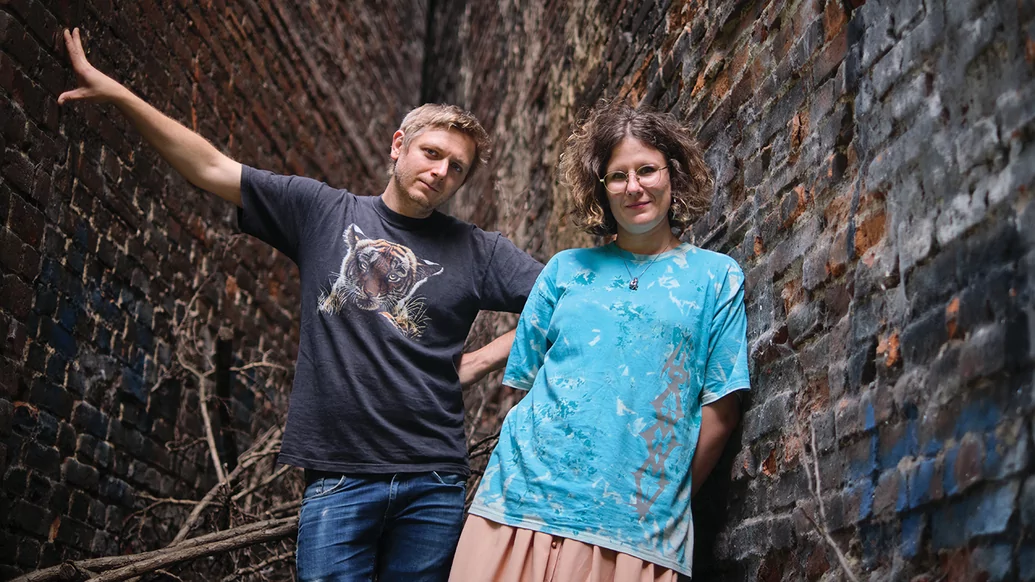
Pointless Geometry has released 54 projects to date. Standout releases include Aleksandra Słyż’s ‘Human Glory’, which utilises drone synthesiser parts and movement sensors to take the listener from silence to epic panoramas that explore the connection between technology and the human body, and classically trained composer Rafał Ryterski’s ‘Gaymers’ Cheatsheet’, which takes its cues from queer culture and video games, creating an energetic rainbow of tracks that make you want to get on the dancefloor. The duo’s eye for spotting fresh talent is also underlined by signings such as the then-22-year-old julek ploski in 2020, who Unsound Festival described as “on the forefront of a new wave of very young electronic music producers in Poland”.
Despite their successes, running Pointless Geometry is challenging, not least because curating the label’s output is a labour-intensive process. “We might listen to an album a hundred times before signing it,” says Pietraszewski, while Banaszczyk recounts a time when the duo’s insistence that an artist drop a track ended up in them pulling out of the release. A strongly curatorial approach is needed, Banaszczyk says, because there’s oversaturation of music now, especially since the pandemic, when all artists could do was keep dropping new releases: “People say you don’t need labels anymore, but actually, I think you need them more than ever.”
The duo take such care with their releases — which is also evident in the label’s visual identity, which has seen them tapping leading Polish graffiti artists like Stachu Szumski and award-winning animator/graphic designer/musician Tomasz Popakul — because for them, Pointless Geometry is a way to archive the Polish independent scene, something they don’t foresee cultural institutions doing anytime soon. “We’re about 40 years behind countries like the UK when it comes to broader appreciation of this scene,” says Banaszczyk, who also underlines the importance of venues like Eufemia in incubating fresh talent.
Tracklist:
SKI ‘__________’ (POINT#53)
WRONG DIALS ‘SCERWS’ (POINT#10)
FOQL ‘CONNIE, CORINE, CAIRO’ (POINT#1)
IFS ‘SURFACE’ (POINT#35)
TUTTI HARP ‘PATCH#3 feat. mef’ (POINT#40)
QBA JANICKI & OBSEQUIES ‘DESINTEGRATION’ (POINT#37)
PAWEŁ KULCZYŃSKI ‘UNPREDICTABLE PAST’ (POINT#54)
PIERNIKOWSKI ‘ECHO’ (POINT#45)
DUY GEBORD ‘HATING ALL MUSIC’ (POINT#23)
OSTY ‘SKARŻYSKO’ (POINT#6)
DUCH ‘SOUNDS OF SNOW’ (POINT#49)
ALEKSANDRA SŁYŻ ‘MGII’ (POINT#39)
